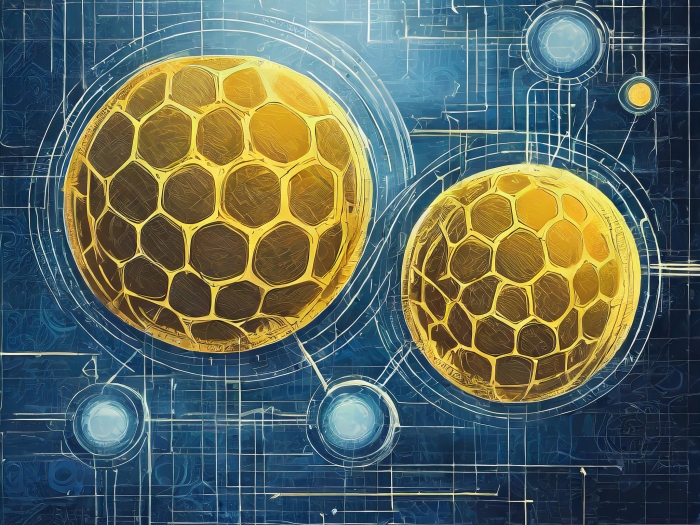Showing 1-15 of 118 results

Department News
Five DCMB faculty were promoted. They are Yuanfang Guan, Ph.D., Jie Liu, Ph.D., Ryan Mills, Ph.D., Stephen C.J. Parker, Ph.D., and Arvind Rao, Ph.D. Congratulations!

Health Lab
A melanoma survivor shares facts and tips about preventing all types of skin cancer.

Health Lab
Research published in PNAS examines how the bacteria Escherichia coli, or E. coli—responsible for most UTIs—is able to use host nutrients to reproduce at an extraordinarily rapid pace during infection despite the near sterile environment of fresh urine.

Department News
Drawn to Michigan Featuring Maya Bose -
From River Otters to DNA: Her Journey to Computational Medicine and Bioinformatics at U-M!

Health Lab
A study led by University of Michigan Health Rogel Cancer Center researchers identifies novel biomarkers in renal cell carcinomas.

Department News
This DEI grant will support the Girls Who Code Summer Camp in greater Detroit.

Health Lab
Building a comprehensive human kidney cell and tissue catalog could help develop more treatments for kidney disease.

Health Lab
Malinda and David Morrison III welcomed their son in 2022 after years of trying to conceive

Health Lab
Researchers have used advanced computer algorithms to uncover distinct molecular subgroups of kidney diseases, independent of clinical classifications. These findings have significant implications for personalized treatment approaches.

Health Lab
New map of the ovary provides a deeper understanding of how oocytes interact with the surrounding cells during the normal maturation process, and how the function of the follicles may break down in aging or fertility related diseases.

Health Lab
Survey shows many teens and young adults support making menstrual products more accessible to fight "period poverty."
Department News
Stephen C.J. Parker, Ph.D., is the recipient of the 2024 Outstanding Scientific Achievement Award from the American Diabetes Association (ADA).
Department News
Jun Li was inducted into the 2024 Class of the AIMBE College of Fellows.

Department News
The Rajapakse lab receives a new grant.

Health Lab
At-home test can detect tumor DNA fragments in urine samples, providing a non-invasive alternative to traditional blood-based biomarker tests